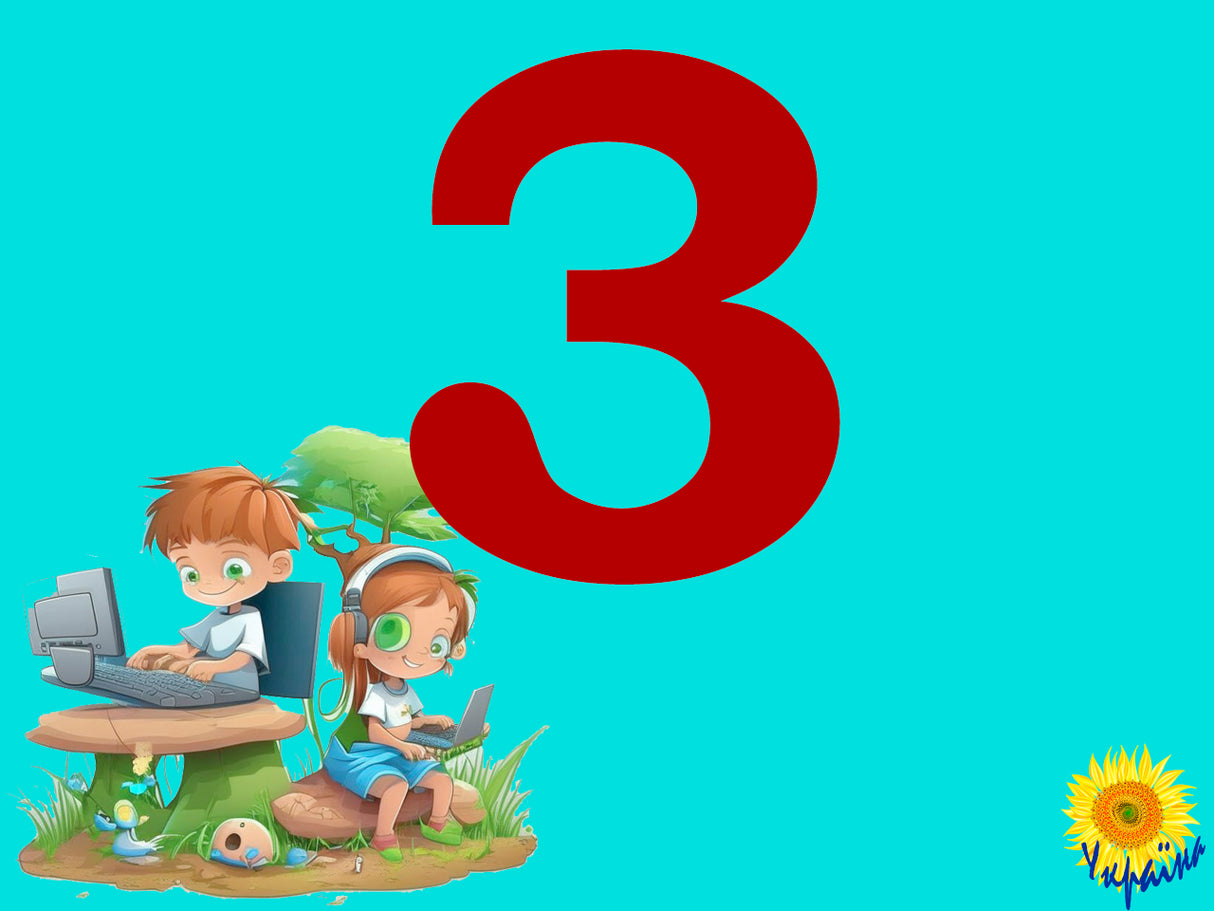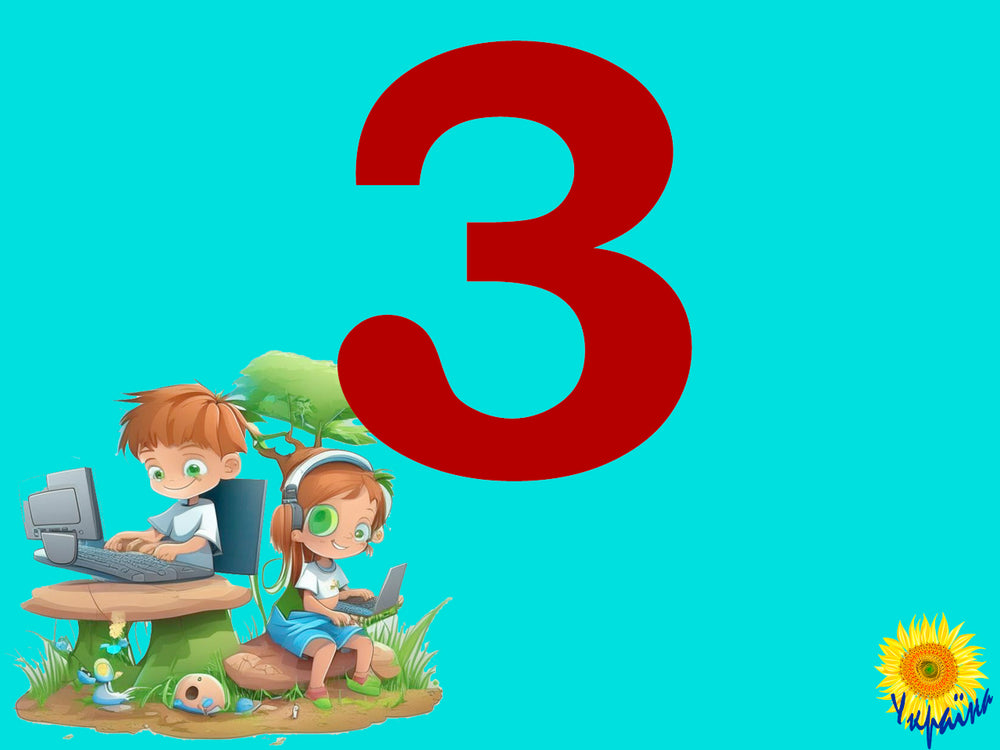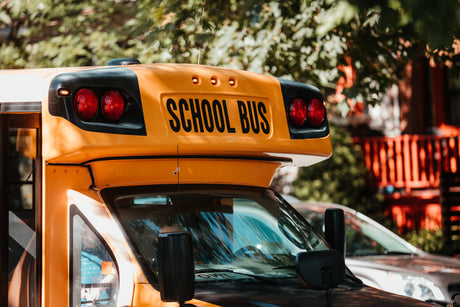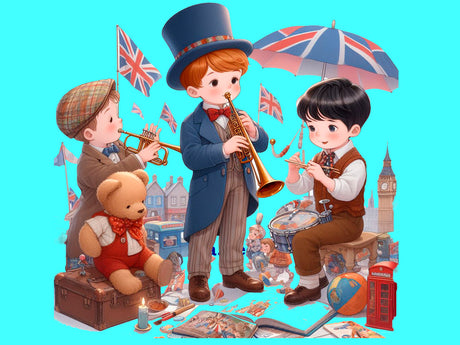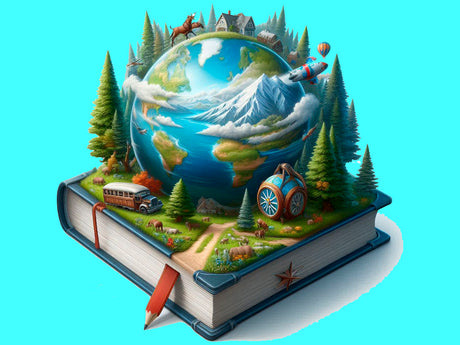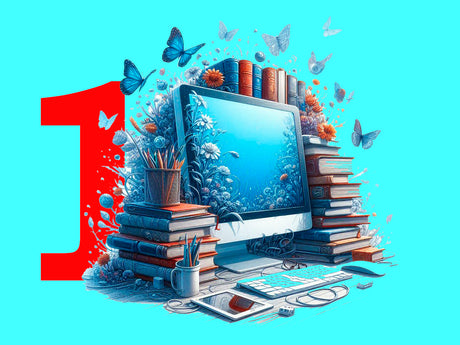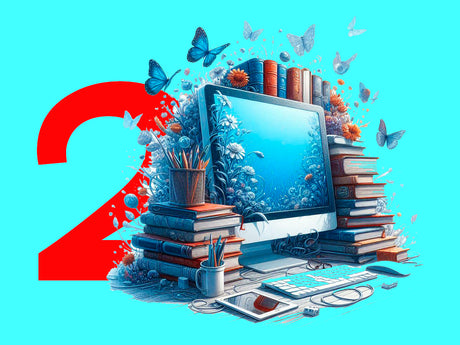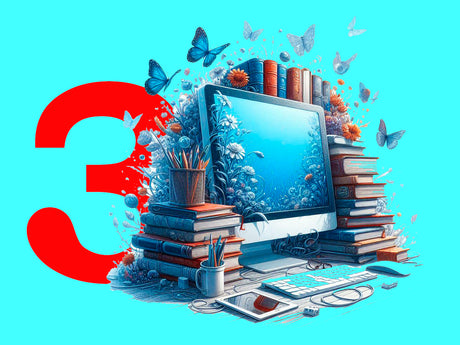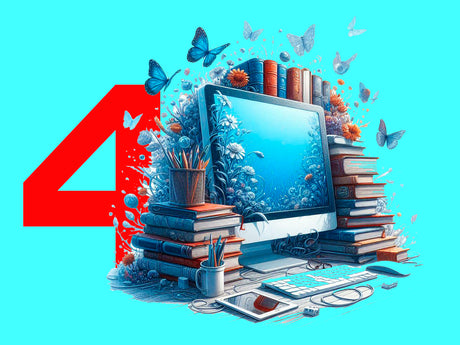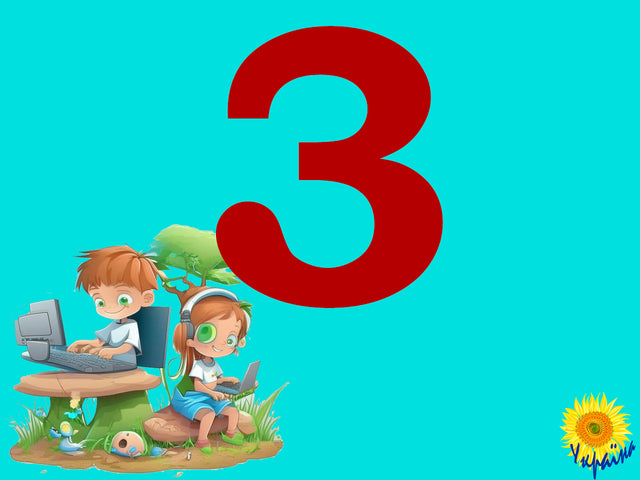I explore the world Grade 3. The world of nature. Part 2. Collection 1
 Intermediate
Intermediate
 Course
Course
 13 hrs
13 hrs
I explore the world Grade 3. The world of nature. Part 2. Collection 1 - Ukrainian is backordered and will ship as soon as it is back in stock.
What is Unibot?
What is Unibot?
Unibot is a platform for educational systems that combines an administration panel and a chatbot. It allows you to easily upload data, customize chatbots without programming, and manage courses. It supports multilingual bots, content management, and optimized resource utilization for efficiency. The platform makes educators' work easier by automating repetitive tasks. Different pricing plans are available, from basic to premium, which differ in the number of supported bots, languages, messages, and other features.
More information
This interactive course helps students deepen their understanding of the environment and the diversity of nature. It includes vibrant illustrations and interactive tests that allow students to check their knowledge in a fun, game-like format. Students will learn more about plants, animals, and their habitats, fostering ecological awareness and a responsible attitude toward nature.
Course Goals:
- Form an understanding of the natural world by exploring the relationships between living and non-living nature
- Understand the impact of human activities on the environment and its preservation
- Develop skills to establish food chains, build ecosystems, and categorize objects by their properties
- Enhance abilities to navigate local areas, understand the Earth's internal structure, and analyze maps and mineral properties
- Expand knowledge about the role of water in nature and conservation efforts
Upon completing this course, students will gain knowledge in the following areas:
- The diversity of substances in the environment
- The distribution of water in nature and its importance for living organisms
- The water cycle in nature
- The significance of air for plants, animals, and humans
- Sources of air pollution and methods for air pollution control
- Useful minerals (coal, oil, gas, peat) and their uses
- Renewable energy sources (solar, wind, and water) and their applications
- Soil organisms and the role of living organisms in soil formation
- The importance of soil for plants and animals
- The unity of living and non-living nature, and the role of humans in nature
- The significance of nature in human life
- Conservation of plant and animal life
- Protected natural areas in the local region
- Economical use of water, electricity, and gas in everyday life
- Participation in environmental research and projects
The course includes the following topics:
- We are Researchers
- Exploring Space
- Planet Earth
- Maps and Plans
- Earth's Crust
- Earth's Treasures
- Exploring Water
- The Atmosphere
- Exploring Fungi and Plants
- Exploring Animals
- Exploring Ecosystems
- Protecting the Environment
- Mosaic of Tasks for the "World of Nature" Section
-
Genre
-
Target audience
-
Language version
-
Subject area
-
Recommended age group
-
Course time
-
Book author
-
Author Collection

